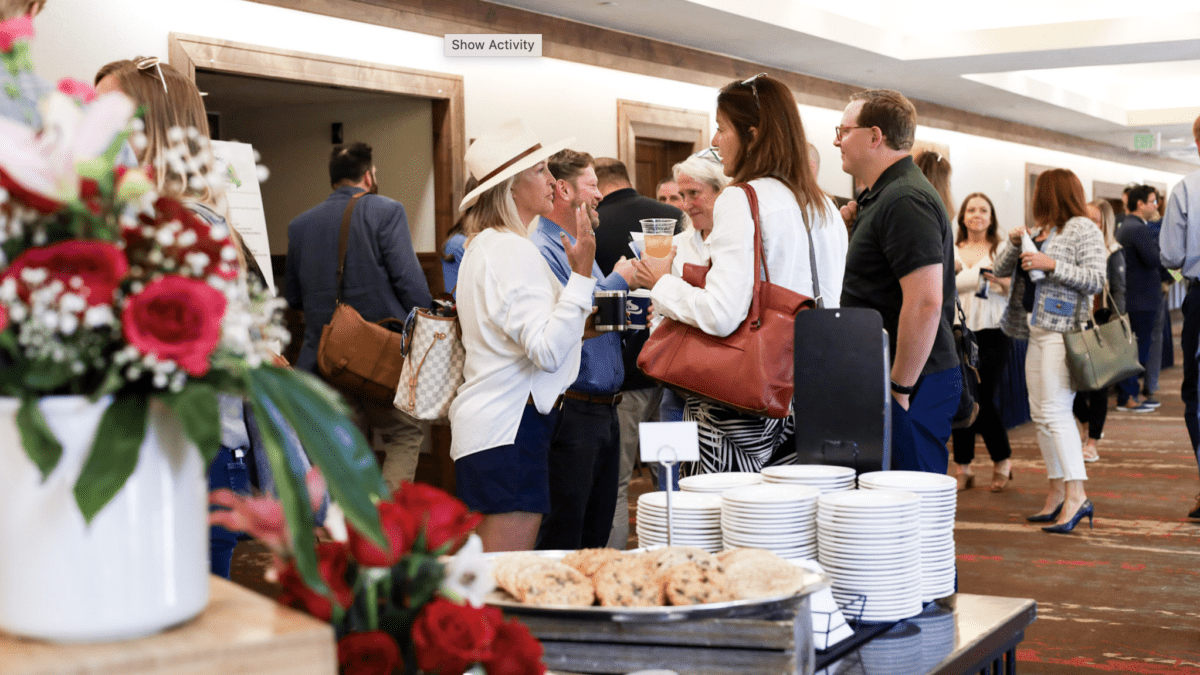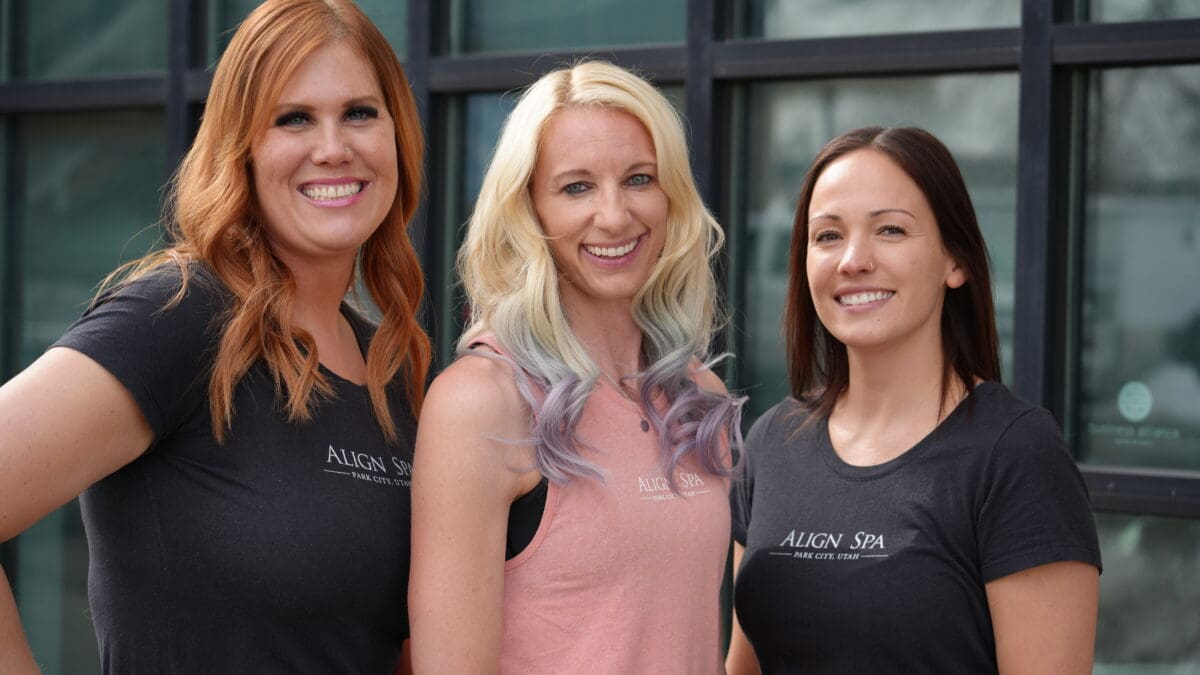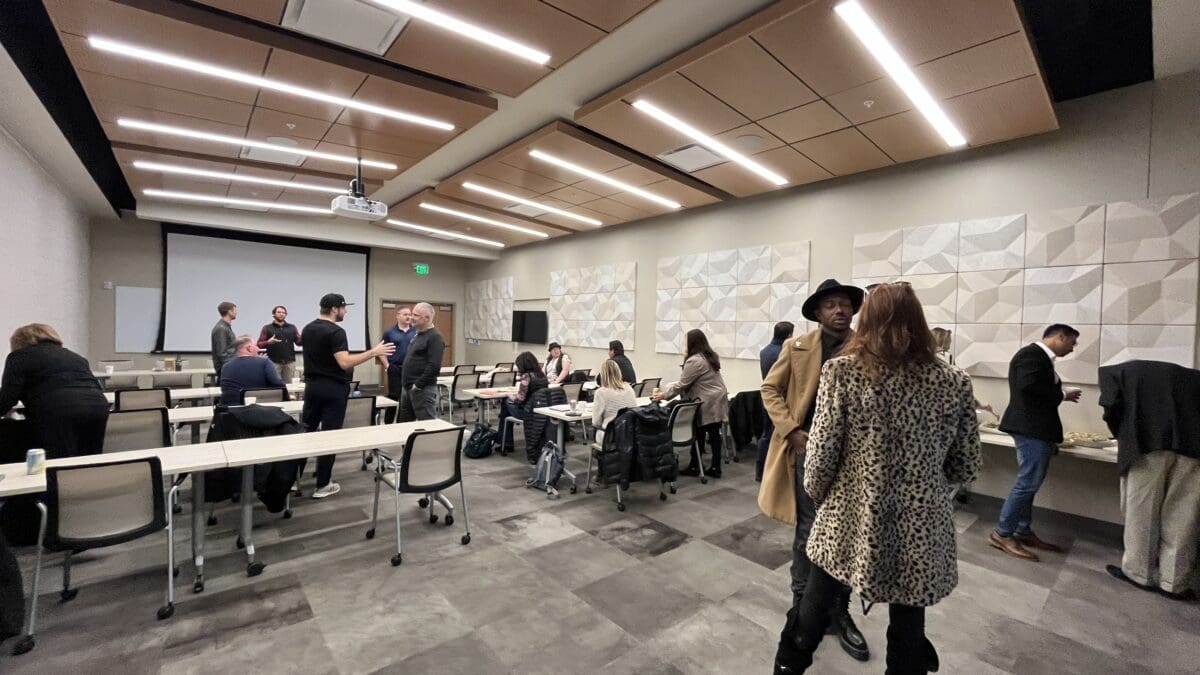Sponsored
Highlights and findings from 2023 Wasatch Back Economic Summit

The 2023 Wasatch Beck Economic Summit was sold out for a day of discussion and problem-solving. Photo: Park City Chamber of Commerce | Visitor & Conventions Bureau.
PARK CITY, Utah – The Grand Summit Hotel was abuzz on May 22 with over 300 residents, business owners, and community leaders for the sold-out 2023 Zions Bank Wasatch Back Economic Summit (WBES). The annual regional event, hosted by Park City Chamber of Commerce & Visitors Bureau, was held in partnership with the Heber Valley Chamber of Commerce, Heber City, Wasatch County, Summit County, and Park City Municipal. The day-long event underscored economic successes and challenges facing the region.
Key topics covered at this year’s Summit ranged from labor shortages and housing to regional transit and the area’s growth and development. The main takeaways from the event were:
Regional collaboration continues to be critical to working towards solutions to the Wasatch Back’s biggest issues.
Addressing housing, childcare and transportation, and transit will be key components to addressing the concerns around labor supply, especially as economic opportunity continues to expand along the Wasatch Back.
“Every year, we take the time to reflect on the challenges and opportunities facing our region, and this year was no different,” said Jennifer Wesselhoff, President & CEO of Park City Chamber & Visitors Bureau. “Year after year, WBES continues to engage regional leaders and stakeholders on important issues facing our communities. The spirit of partnership is strong in the Wasatch Back and through events like this, I’m reminded of the transformational power of collaboration.”
Robert Spendlove, Senior Vice President – Economic and Public Policy Officer at Zions Bank, opened the event with an engaging and informative morning keynote address. Spendlove provided an overview of the current economic conditions and the obstacles facing communities and businesses when interpreting the data currently available. Spendlove also provided insights on possible economic outcomes ahead, and opportunities and challenges associated with those potential results, setting the stage for a day of relevant and intriguing content.
Spendlove ended his presentation by emphasizing that Utah has bright days ahead and that according to U.S. News and World Report, “Utah is the best state in America, the #1 best state overall, #1 best state for fiscal stability and #1 best state for economy.”
There were three break-out topics per session for participants to choose from as well as a keynote lunch speaker, Sam Beard. The break-out session topics made it difficult to choose just one during each session, but thankfully KPCW was able to record multiple presentations and discussions that can be listened to at wasatchbackeconomicsummit.
The Connecting the Wasatch Back: Transportation, Transit & Roads session got updates from High Valley Transit, Utah Department of Transportation, and Park City transit. A stand out moment was when Caroline Rodriguez, High Valley Transit’s executive director, asked the room of about 50 people if anyone took public transit that day. None raised their hands. Traffic is a major topic, especially for Park City in peak times, this showed that public and free transit is available, but more efforts need to be made to inform the public on its benefits and convenience.
The affordable housing panel represented the Park City Municipal, private development, and local business. Tony Tyler with Columbus Pacific Development posed the question, “when is enough profit enough?” and continued on to say “just because you can doesn’t mean you should.” Just because developers can build mega-mansions in big plots, doesn’t mean that they always should, especially when employee housing and affordable housing are on the forefront of many economic issues. Erik Daenitz with Park City Municipal prodded the audience to start by thinking about what kind of place they would like to live in, one where you know your neighbor or one where you don’t even see your neighbor.
The childcare and early childhood development panel revealed that Utah’s economy loses over $1.3 billion due to the lack of childcare issues. The cost or lack of childcare in Utah costs employers $1.1 billion per year due to absences and employee turnover. 23% of parents plan to leave the workforce in the next 12 months due to lack of or cost of childcare. One panelist said she felt she was, “begging people to listen to [childcare and early childhood development experts].” Another said that staffing is a “huge hurdle.” As of now, Utah’s 0-3 year olds, or COVID babies are lacking basic skills and in need of speech services. The takeaway was that it’s great that this is a conversation, but there needs to be more funding and more action. The future of our childcare is the future of kids and eventually, our workforce.
One last key takeaway is that none of these issues are standalone; they are all inextricably intertwined. What the WBES saw was a passionate community that is hopeful in finding creative and perhaps out-of-the-box solutions for these challenges.
















You must be logged in to post a comment.